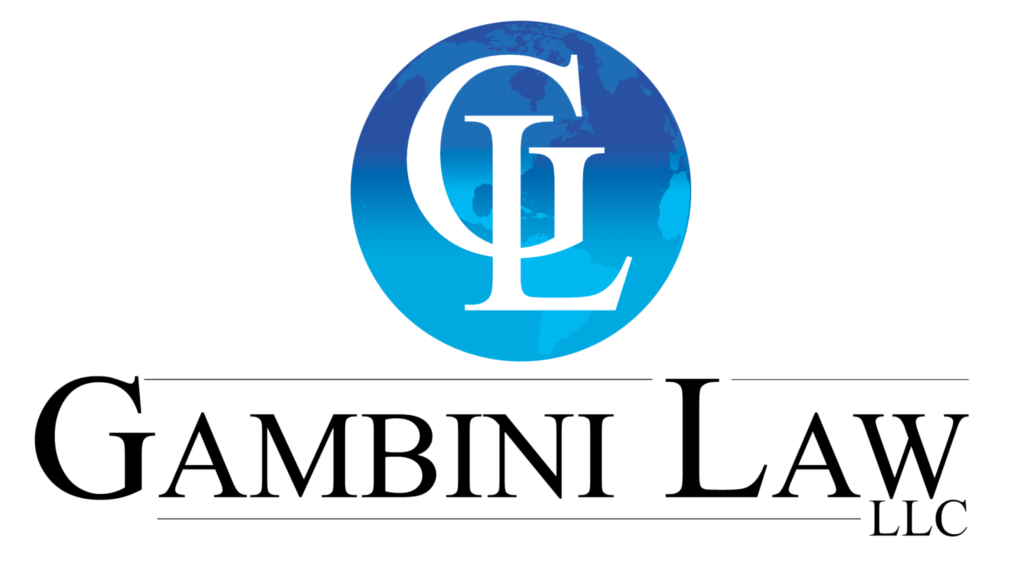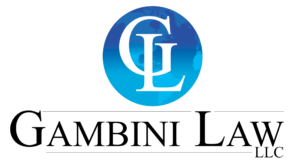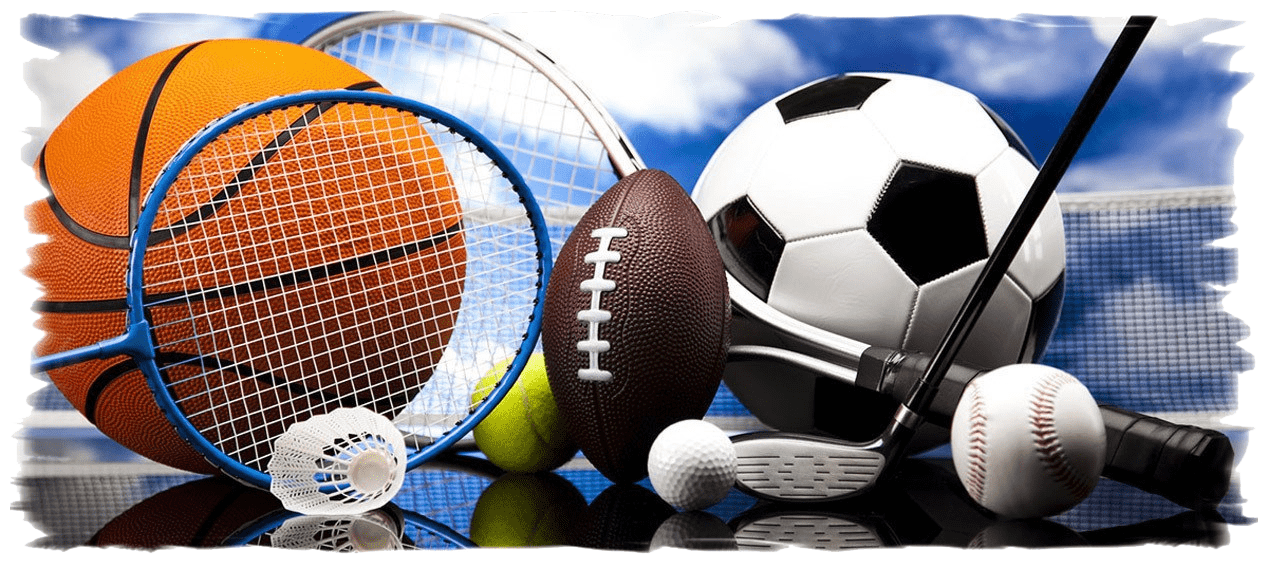1. AMATEUR ATHLETES (UNDER AGE 18)
International amateur athletes generally fall into two groups:
a. Amateur Athletes Seeking Short Term Training or Tournament Participation:
Amateur athletes who want to attend short term training courses or summer programs can come to the U.S. as visitors. This is also true for amateur athletes who live outside the U.S. and want to come to compete in amateur tournaments or competitions.
If the amateur athlete comes from a country that participates in the visa waiver program, then he or she can come to the U.S. for up to 90 days without a visa to receive short term training in the U.S. or participate in tournaments. If the visa waiver is not available, the athlete must apply for a B-1/B-2 Visitor Visa from the U.S. consulate in his or her country of residence. This visa would allow the athlete to stay in the U.S. up to 180 days.
b. Long Term Training/Competition Over 6 Months (the F-1 Visa or P-1 Visa)
Amateur athletes under 18 who want to receive long term sports training over six months often must come to the U.S. using an F-1 Student Visa. The athlete must attend the private school and can train in the sport when not in school.
Education usually must take place in private school rather than in public school, because immigration laws permit issuance of F-1 visas to students under 18 to attend public school only for 12 months. An F-1 visa will not be issued for students who receive home schooling or study through the internet.
The amateur athlete or team must have a sponsor in the U.S. who is willing to submit the P-1 visa petition on the athlete’s behalf. An approved P-1 petition for an individual athlete can be valid for a period up to 5 years, but usually will be issued only for the duration of the event, season, or tournament schedule. An approved petition for an athletic team can be valid for up to 1 year.
2. ATHLETES MAKING A TRANSITION FROM AMATEUR OR COLLEGIATE LEVEL (USUALLY AGES 18 TO 22)
Transition-age athletes between 18 and 22 usually fall into two groups:
a. Athletes Over 18 Who Want to Complete Professionally
The group is that the athlete usually wants to stop attending school to focus full time on the sport. As a result, the athlete can not qualify for an F-1 Student Visa. At the same time, the athlete often has not had enough success to easily qualify for a P-1 visa as a professional athlete.
Before the athlete qualifies for a professional tour or contract, his or her options are limited.
The athlete can come to the U.S. to train or participate in tournaments or competitions using a visa waiver or by using a B-1/B-2 Visitor visa.
In some cases, the young or pre-professional athlete can qualify for a P-1 visa as an internationally recognized athlete. This visa will permit the athlete to live and work in the U.S. for up to five years in order to compete in the sport.
To qualify for the P-1 visa, the athlete must show that he or she has achieved international recognition. The government has a list of six criteria for showing international recognition and the athlete must meet at least two of these six criteria.
The athlete must have an employer or agent willing to submit the P-1 application, which can be a challenge.
b. Recent Graduates from U.S. Universities
Recent foreign graduates from U.S. universities usually qualify for Optional Practical Training (OPT), which permits them to live and work in the U.S. for up to 12 months following graduation. After OPT expires, however, many of these athletes have been in the U.S. for years and are not ready to return home.
There are many immigration options for these athletes:
- H-1B visa for workers in specialty occupations. This visa is issued for up to three years and is renewable for a second three-year period. The visa will permit the athlete to work for an American employer in a position that normally requires a university degree. Sometimes this visa will work for an athlete who wants to work as a coach or instructor, but not always.
- O-1 visa for aliens with extraordinary ability. This visa is issued for up to three years. To qualify, the athlete must show he or she has received sustained national or international acclaim and recognition for achievement in the sport.
- P-1 visa for internationally recognized athletes. This visa is issued for up to five years. It permits internationally recognized athletes to compete in their sport in the U.S.
P-3 visa for culturally unique performers/Q-1 visa for participates in cultural exchange programs. If the athlete participates in a sport in which his or her country or culture is particularly renowned, then the athlete can sometimes qualify for a P-3 or Q-1 visa to teach that sport in the U.S. The P-3 is a 12 month visa that is renewable every 12 months. The Q-1 visa is valid one time for 15 months.
3. PROFESSIONAL ATHLETES
a. Temporary Visas for Professional Athletes
Professional athletes can come to the U.S. to participate in tournaments or competitions using a visa waiver or by using a B-1 Visitor visa.
A professional athlete who is in the U.S. on a visa waiver or B-1 visa cannot earn money in the U.S. other than prize money from tournaments. The professional athlete is expected to have a residence outside the U.S. that he or she will return to after the competition is complete. This visa is not appropriate if the athlete wants to live in the U.S. full time.
Professional athletes who want to live in the U.S. full time (or earn income other than prize money) generally must qualify for either the P-1 visa for athletes who have achieved international recognition or the O-1 visa for aliens with extraordinary ability.
In either case, the professional athlete’s visa application must be sponsored by an employer or agent.
The P-1 visa is usually easier for a professional athlete to qualify for. It will be issued for the length of the season or contract up to five years. The visa is renewable.
The O-1 visa for aliens with extraordinary ability is more difficult to obtain than a P-1 visa for athletes with international recognition, but the requirements for the O-1 are similar to a green card. The O-1 visa is usually issued for the length of a season or a contract up to three years.
b. Permanent Residence for Professional Athletes
There are a number of options for professional athletes who want to live in the U.S. permanently.
- EB-1 alien with extraordinary ability. This can be a self-petition, no employer is required.
- EB-2 alien with exceptional abilities in the arts, sciences or business WITH a national interest waiver. The USCIS has stated that the “arts” include athletics. This can be a self-petition, no employer is required.
- EB-3 skilled or professional worker. An athlete or coach can be viewed as a skilled or professional position.
4. COACHES AND OTHER WORKERS WHO SUPPORT ATHLETES
There are many immigration options for coaches and other workers who support athletes, such as trainers, mental conditioning consultants, movement specialists, nutritional advisors, etc.
- H-1B visa for workers in specialty occupations. This visa is issued for up to three years and is renewable for a second three-year period. The visa will permit the athlete to work for an American company in a position that normally requires a university degree.
- O-1 visa for aliens with extraordinary ability. This visa is issued for up to three years. To qualify, the coach must show he or she has received sustained national or international acclaim and recognition for achievement as a coach. Usually it is not enough for a coach to show extraordinary ability as an athlete, the coach must show extraordinary ability as a coach.
- O-2 accompanying alien visa. This visa can be issued to a person who will assist the athletic performance of O-1 alien, such as a coach.
- P-1 visa for internationally recognized athletes. This visa is issued for up to five years. It permits internationally recognized athletes to compete in their sport in the U.S.
- P-1S essential support worker. This visa can be issued to a person who will assist the athletic performance of a P-1 alien, such as a coach.
- P-3 visa for culturally unique performers/Q-1 visa for participates in cultural exchange programs. If the coach instructs athletes in a sport in which his or her country or culture is particularly renowned, then the coach can sometimes qualify for a P-3 or Q-1 visa to teach that sport in the U.S. The P-3 is a 12 month visa that is renewable every 12 months. The Q-1 visa is valid one time for 15 months.
5. PARENTS OF YOUNG ATHLETES TRAINING IN THE U.S.
Younger athletes often qualify for F-1 Student Visas while training for extended periods at sports academies in the U.S. or qualify for P-1 Visas if they attain international recognition in the sport. But, this does not entitle the parents to qualify for a visa to live in the U.S. with their children.
For parents, we often suggest the following options:
- If athlete has F-1 Student Visa, then parent can enter on visa waiver and/or B-2 Visitor Visa as long as the parent can show a residence and continuing ties abroad.
- If the athlete has an O-1 or P-1 visa, then the parent can possibly seek an O-2 or P-1S visa if the parent can show he or she is essential to the athlete’s performance (possibly as a traveling or wellness coach).
- The parent can qualify for a temporary visa on his or her own, such as an E-2 Treaty Investor visa, if the parent invests money in a business, or an H-1B work visa, if the parent has a U.S. employer willing to employ him or her.
- The parent can become a student and seek an F-1 Student Visa to study at least 12 hours per week.


